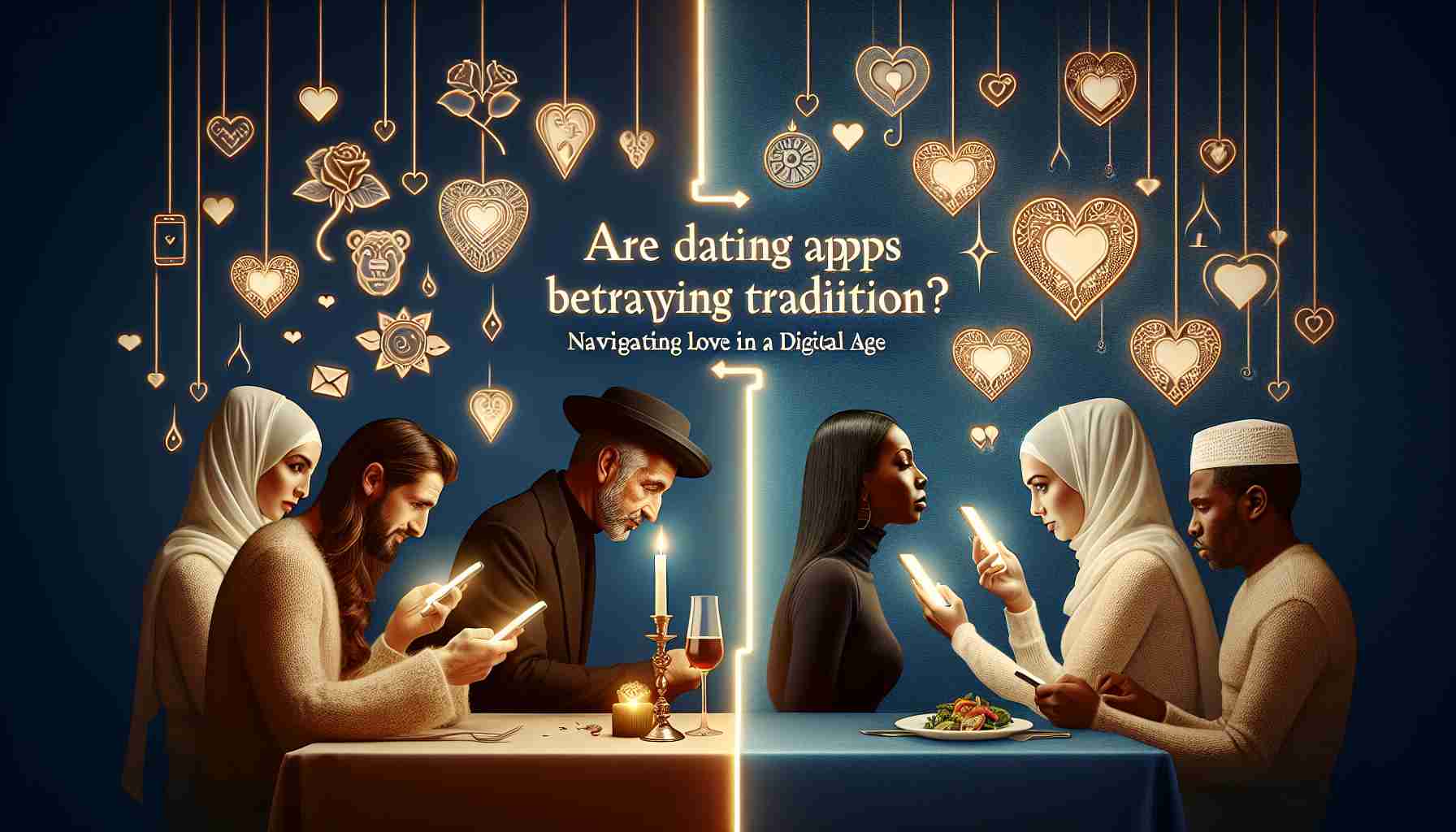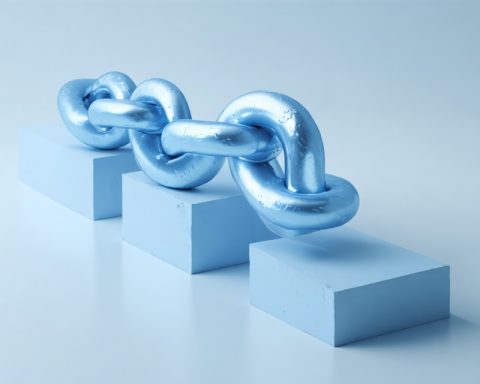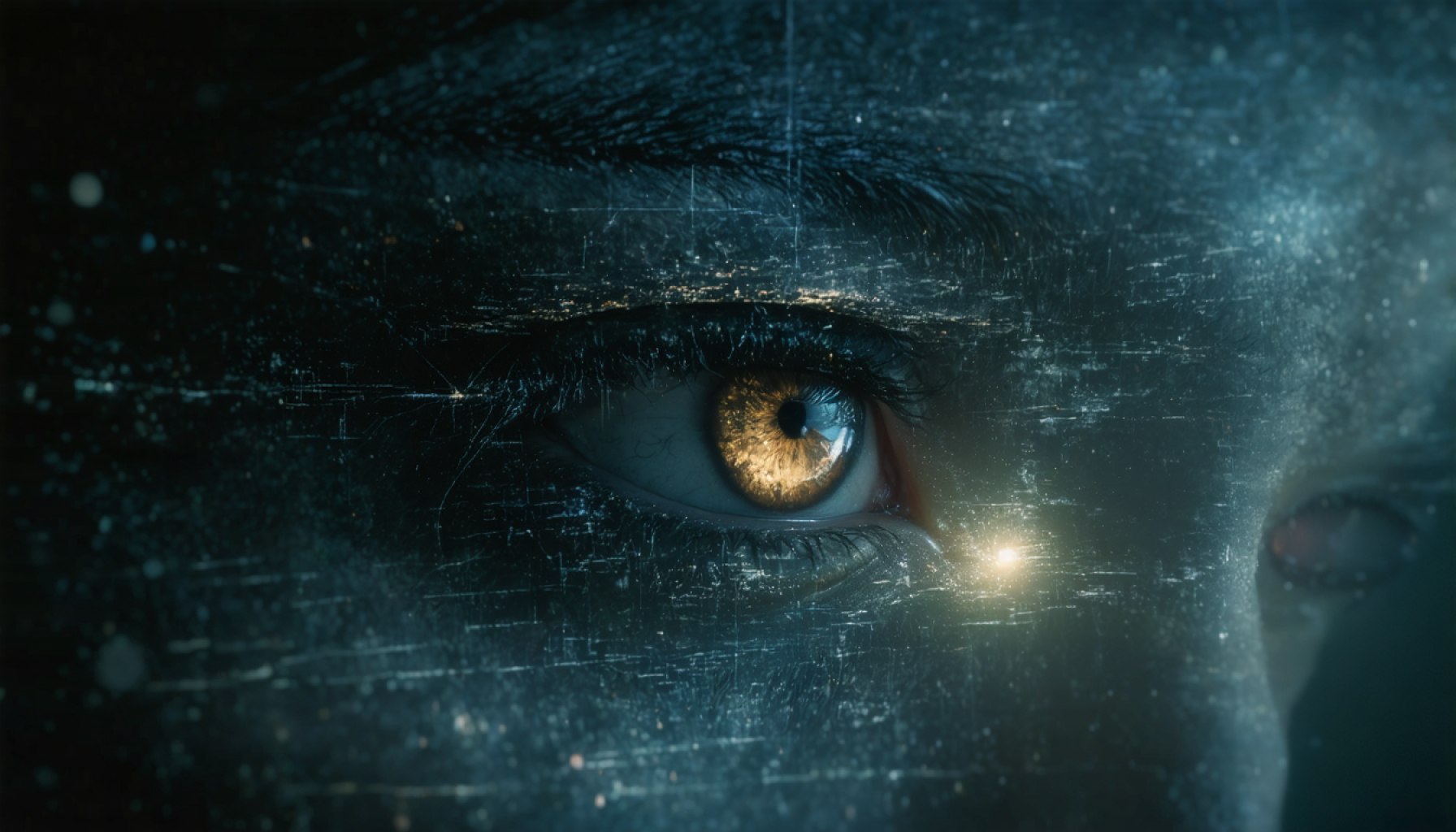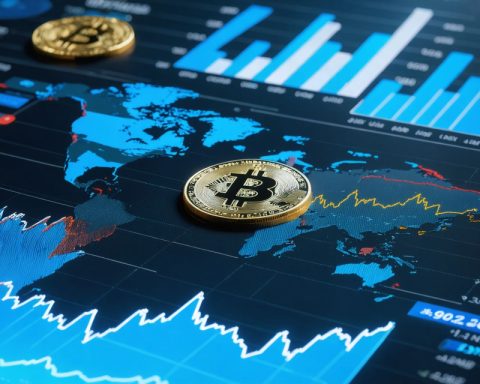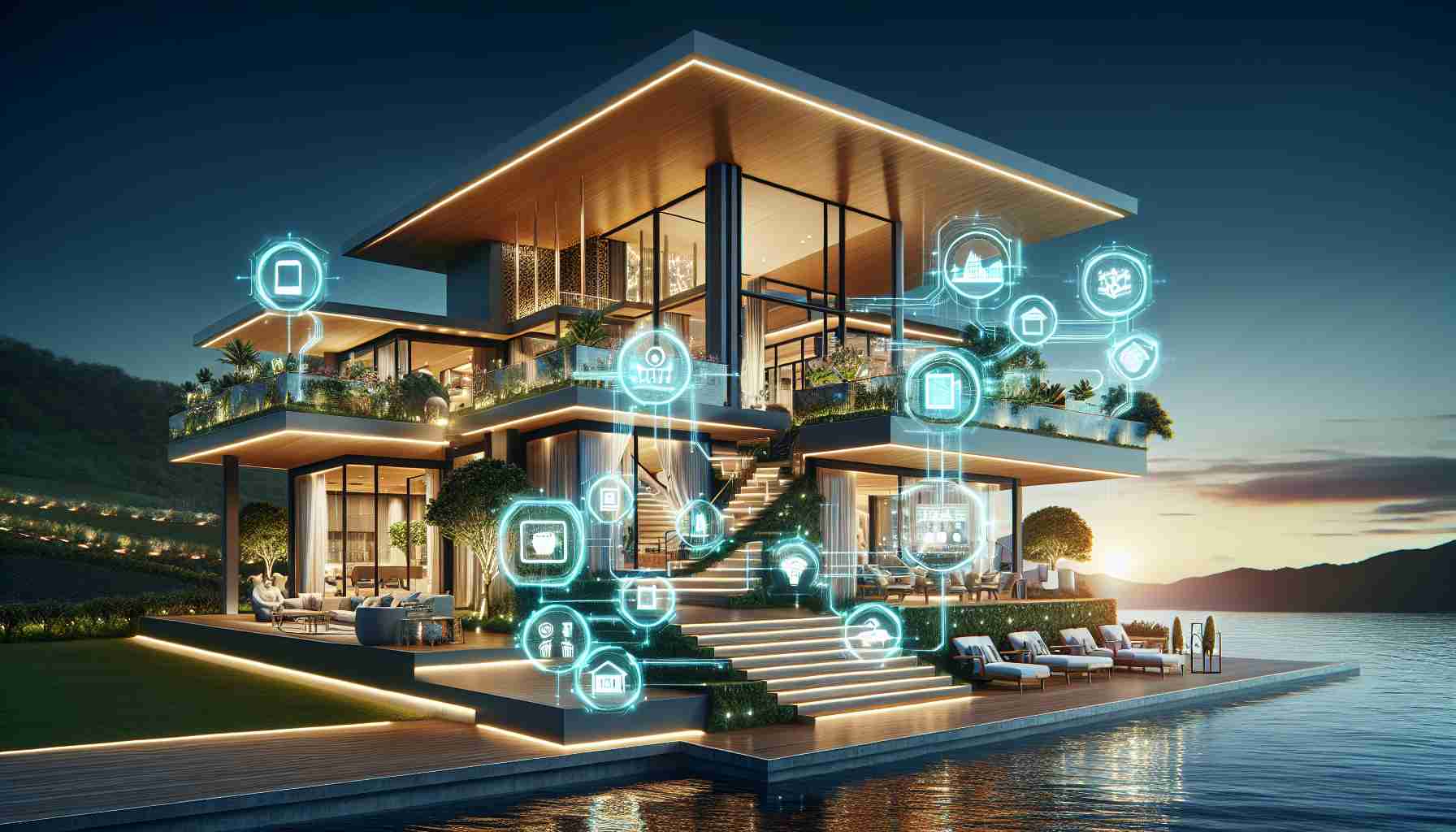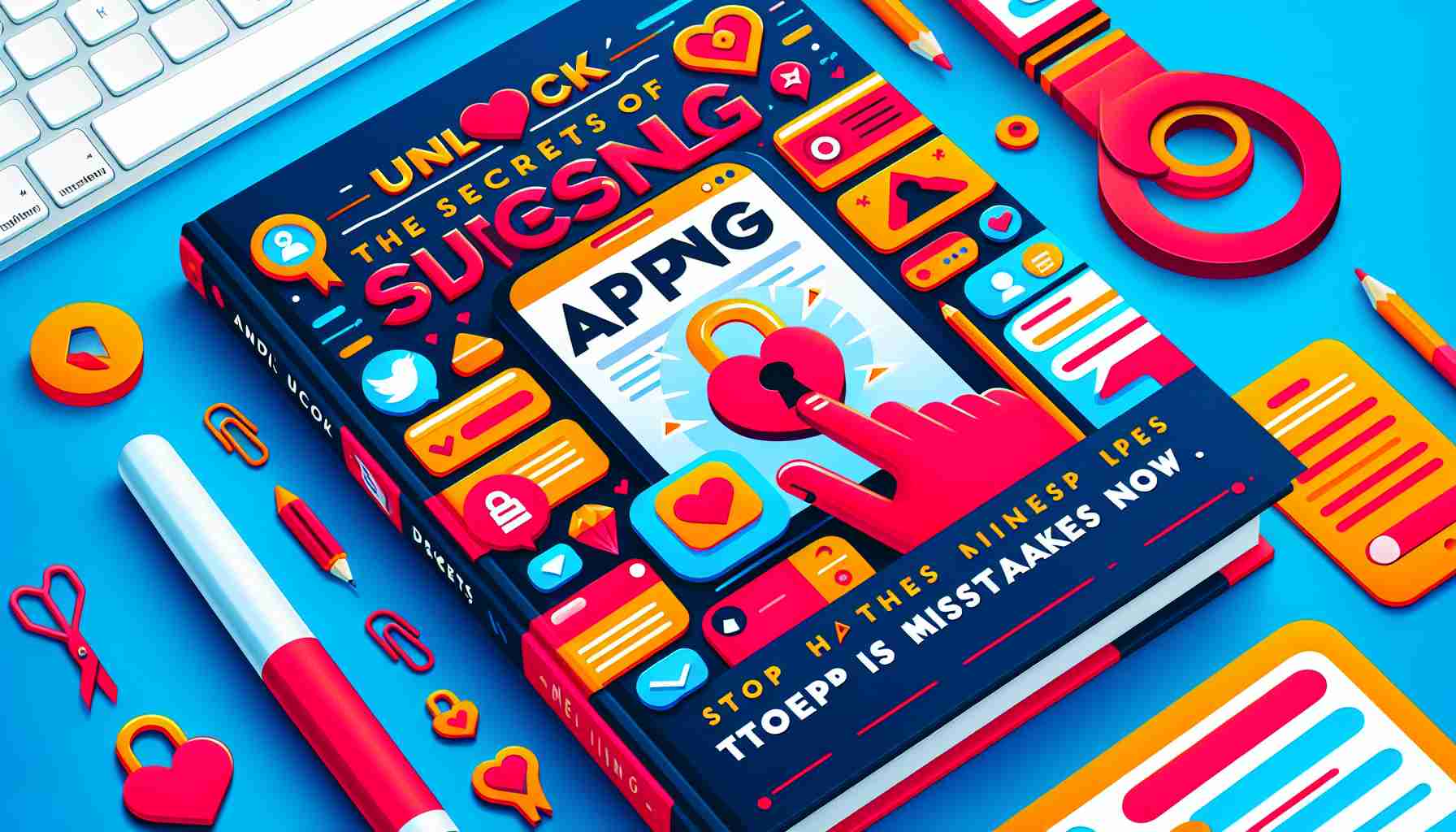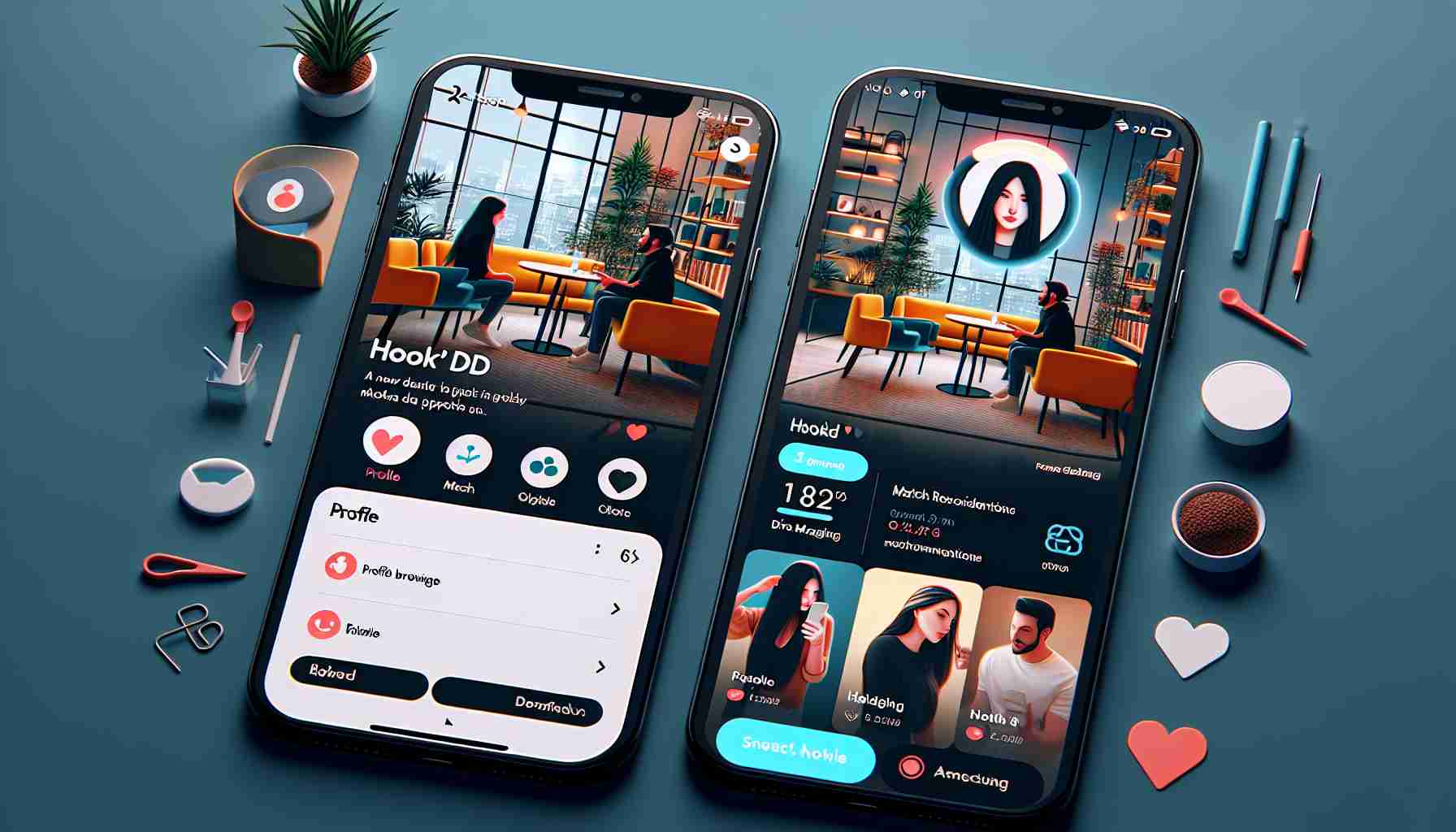Exploring the clash between modern technology and traditional values
Dating apps have taken the world by storm, promoted as solutions to the complexities of love through sophisticated algorithms. These platforms, developed in Silicon Valley, often carry a philosophy that may not align with the intricate sociocultural dynamics in many regions.
In India, for example, the use of popular apps like Tinder and Bumble unveils a tension between Western societal norms and deeply rooted Indian traditions. Many users express frustration as they find themselves torn between the promise of modern dating and the conservative values that pressure them into conventional relationships. For young Indians, navigating the dating scene means wrestling with expectations of marrying someone approved by their families, often from the same community.
While the allure of endless potential matches can be exhilarating, users frequently report an unsettling duality. They crave the freedom to explore unconventional relationships, yet societal expectations loom large, prompting many to hide their app activities from family members. The experience of dating in India highlights a fundamental contradiction: as individuals seek autonomy, they also contend with societal judgement.
Furthermore, biases unfold within app dynamics themselves, where preferences are often colored by caste, class, and social status, revealing the persistent influence of traditional hierarchies. Ultimately, as users forge their unique identities, they must reconcile the modern digital landscape with the age-old customs that shape their understanding of love and intimacy.
The Intersection of Technology and Tradition: A Global Perspective
As dating apps redefine romantic relationships globally, their implications extend far beyond individual love lives. The clash between modern technology and traditional values is reshaping societal narratives, influencing how communities perceive relationships, courtship, and marriage.
In many cultures, including traditional societies, the rise of dating apps poses significant challenges. They amplify the tension between individual desires and collective expectations. This phenomenon is not limited to India; similar patterns emerge in regions from Africa to the Middle East, where young adults grapple with the lure of modern romantic exploration against the backdrop of cultural conservatism. As young people increasingly turn to these platforms, there is a marked shift in attitudes toward dating, often sparking intergenerational conflicts that can lead to societal rifts.
Economically, the marriage and dating industry is projected to grow dramatically, reflecting a lucrative market for both app developers and ancillary services that cater to this new way of meeting people. However, the potential for exacerbated discrimination based on inherited social structures raises questions about the future inclusiveness of such technologies.
Moreover, as these apps proliferate, environmental concerns about data storage and energy consumption related to tech giants’ operating infrastructures become critical. The long-term significance lies in how digital intimacy either democratizes or deepens societal divides, posing a pivotal question: will love flourish in the digital age or will it be suffocated by the very traditions it seeks to escape?
The Battle of Love: Navigating Dating Apps in a Traditional Society
The Intersection of Technology and Tradition
In today’s digital age, dating apps have rapidly transformed the way people connect romantically. However, this technological advancement often clashes with traditional values, particularly in regions with deeply ingrained cultural norms, like India. Users find themselves at a crossroads, facing the complexities of modern love while contending with expectations rooted in tradition.
How Dating Apps Are Reshaping Relationships
Dating apps employ sophisticated algorithms to connect individuals based on shared interests and proximity. While they offer an unprecedented avenue to meet potential partners, these platforms can also amplify the tension between progressive views of relationships and traditional expectations.
Features of Popular Dating Apps
– Algorithmic Matching: Tinder, Bumble, and similar platforms utilize complex algorithms to suggest matches, enhancing user experience.
– User Profiles: These apps encourage users to present themselves through curated profiles, which may reflect more modern values than traditional social contexts.
– Safety Features: Many dating apps now include safety mechanisms such as photo verification and reporting options, promoting user security in an unfamiliar digital landscape.
Pros and Cons of Using Dating Apps
Pros:
– Wider Reach: Users can connect with potential partners beyond their immediate social circles.
– Flexibility: The ability to explore diverse relationship types, from casual encounters to serious commitments.
– Empowerment: Many users feel empowered by the autonomy these platforms provide in choosing their partners.
Cons:
– Cultural Misalignment: The philosophies behind these apps may conflict with local traditions, creating stress for users.
– Judgment from Society: Users face pressure from family and community regarding their dating choices, often leading to secrecy.
– Bias and Preferences: Dating app dynamics can reflect societal biases, such as caste and class preferences, impacting user experience.
Trends and Insights in the Dating App Landscape
The popularity of dating apps in India and similar regions signals a growing acceptance of modern relationship dynamics. However, this shift comes with profound implications for individual identities and social interactions. Users are increasingly seeking features that offer privacy and security while navigating these often turbulent waters.
Limitations and Challenges
While dating apps offer convenience and choice, they are not without limitations. Users frequently encounter:
– Superficial Connections: The emphasis on appearances can lead to a lack of depth in relationships.
– Cultural Sensitivity: Many apps do not adequately address the nuances of cultural practices, which can alienate users.
– Mental Health Concerns: The pressure to conform to both modern and traditional expectations can lead to anxiety and frustration.
Market Analysis and Future Predictions
As the dating app market continues to evolve, it is likely that developers will focus on creating more culturally tailored features. Innovations may include integrating local customs into user profiles or enhancing algorithms to account for cultural preferences, ultimately bridging the gap between modern technology and traditional values.
Conclusion
The dichotomy of using dating apps in traditional societies presents a fascinating case study of cultural transformation. As young individuals in countries like India navigate this space, their experiences reveal insights into the multifaceted nature of love, identity, and societal pressures. The journey towards reconciling modern technology with age-old traditions is ongoing, promising a landscape that will continue to evolve in the years to come.
For more insights into the dynamics of dating in changing cultural landscapes, visit example.com.
